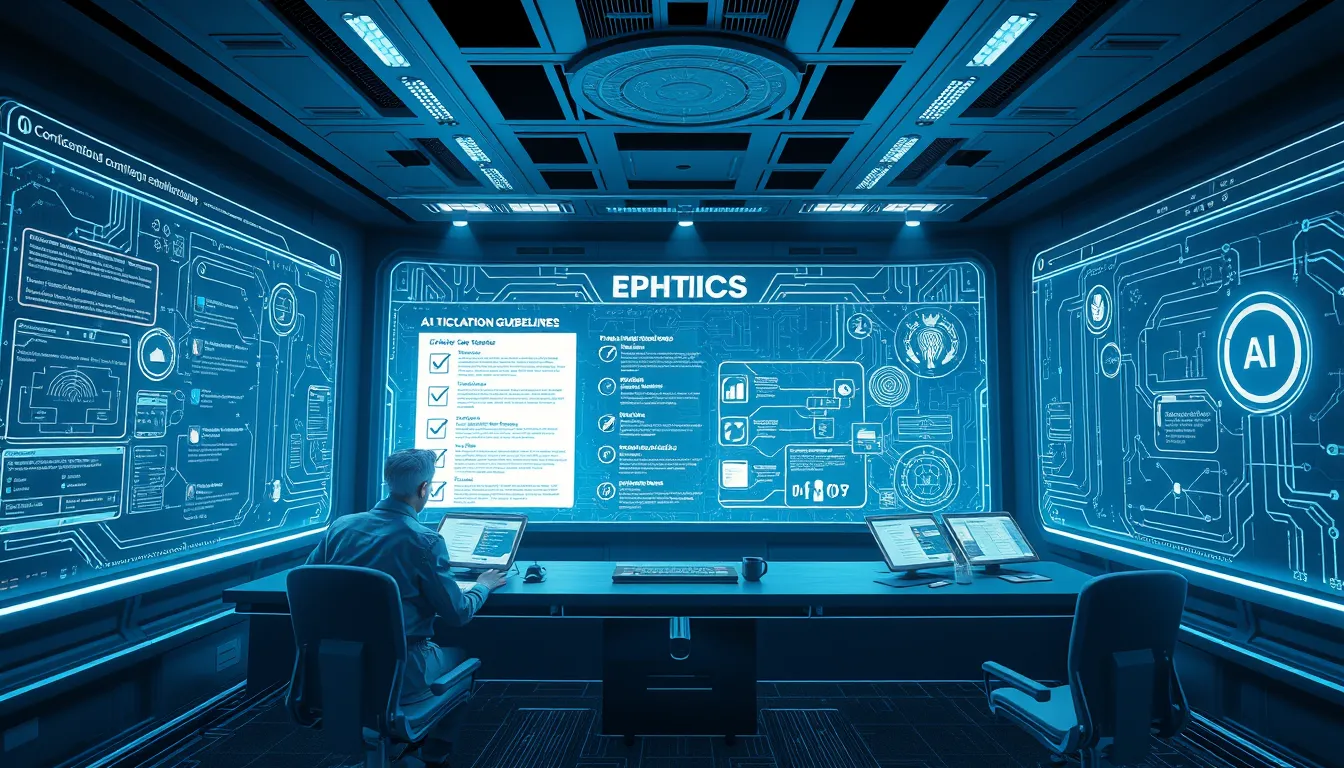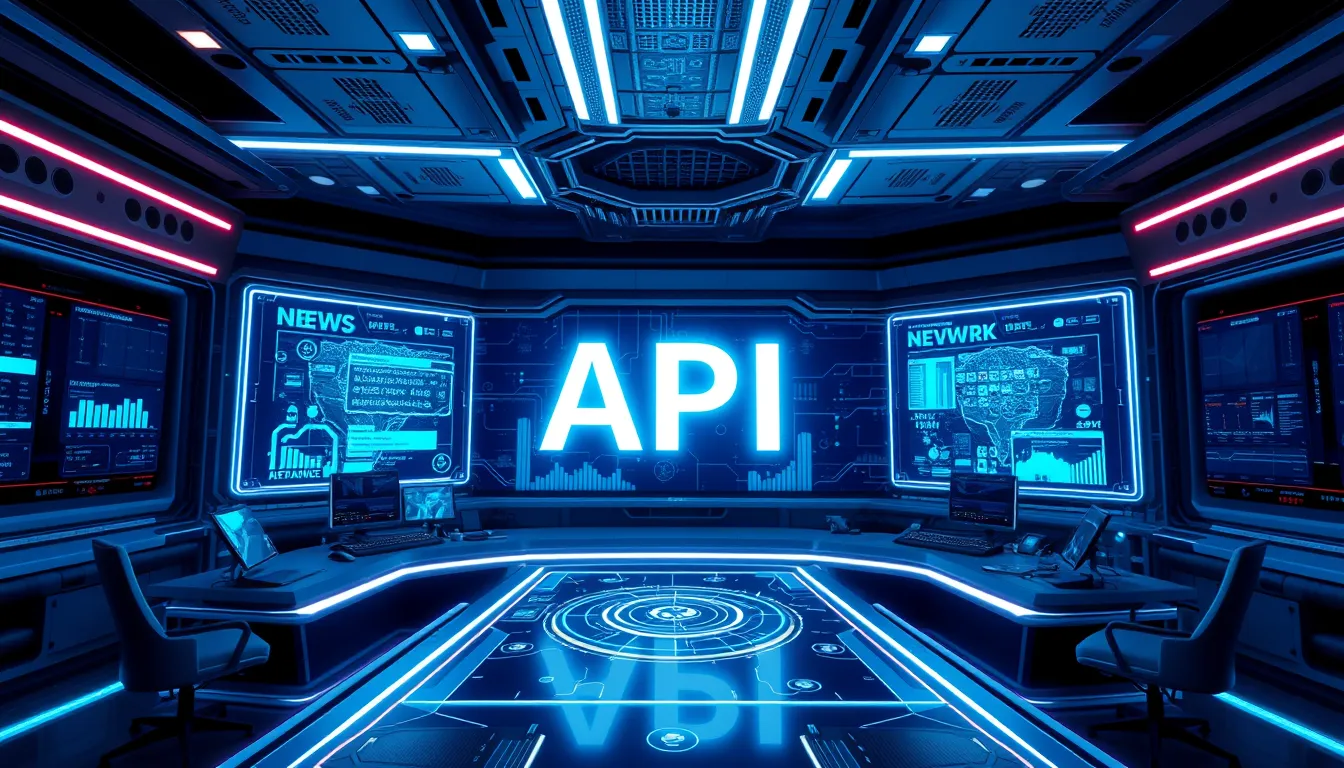Now Reading: Powerful AI in Healthcare Diagnostics: Boosting Patient Care
-
01
Powerful AI in Healthcare Diagnostics: Boosting Patient Care
Powerful AI in Healthcare Diagnostics: Boosting Patient Care

Powerful AI in Healthcare Diagnostics: Boosting Patient Care
The integration of artificial intelligence (AI) is revolutionizing the medical field. With a focus on AI in healthcare diagnostics, this article explores how innovative tools are enhancing diagnostic accuracy and patient outcomes. As technology advances, healthcare professionals are increasingly leveraging AI to support decision-making, improve efficiency, and ultimately deliver higher-quality care.
Overview of AI in Healthcare Diagnostics
Artificial intelligence is reshaping healthcare by offering advanced diagnostic tools and predictive analytics. The term “AI in healthcare diagnostics” refers to the application of machine learning algorithms and sophisticated data processing techniques to detect abnormalities and improve the speed and reliability of diagnoses. Traditional methods, while effective, often lack the speed and precision that AI-powered systems deliver.
Key Benefits of AI in Healthcare Diagnostics:
- Enhanced Accuracy: AI-driven diagnostics analyze complex datasets, reducing human error and enabling more precise detection of diseases.
- Early Disease Detection: By identifying subtle patterns, AI systems can flag potential health issues before they become critical.
- Improved Workflow Efficiency: Automation in diagnostic imaging speeds up the process, ensuring timely treatment for patients.
For further information on advanced healthcare technology, visit the Health IT website.
How AI Improves Diagnostic Accuracy
One of the most significant advantages of AI in healthcare diagnostics is its ability to enhance diagnostic accuracy. Medical imaging and test interpretations are complex tasks that benefit greatly from AI-driven analysis. Studies have shown that systems using advanced algorithms can reduce diagnostic errors and assist clinicians by providing a second opinion.
Implementation of AI Tools
Healthcare institutions are adopting AI solutions to assist in various diagnostic processes. AI in healthcare diagnostics not only supports radiologists and laboratory staff but also helps streamline the workflow by automating routine tasks. For instance, algorithms can quickly process medical images and pinpoint areas needing further review.
Steps benefiting from AI implementation include:
- Data Collection: Large datasets from electronic medical records (EMRs) are analyzed using AI tools.
- Image Analysis: AI algorithms scan imaging results to detect anomalies, compare with historical data, and suggest diagnoses.
- Predictive Analytics: Based on identified patterns, predictive models assess the risk of disease progression.
Challenges and Considerations with AI in Diagnostics
While AI in healthcare diagnostics shows tremendous promise, its implementation is not without challenges. It is essential for healthcare providers to consider regulatory, ethical, and technical issues before fully integrating these advanced systems.
Common challenges include:
- Data Privacy and Security: The large volumes of data required by AI systems necessitate robust protection measures to ensure patient confidentiality.
- Integration with Existing Systems: Legacy systems may not seamlessly work with modern AI tools, requiring significant updates or replacements.
- Skill Gap: Training healthcare professionals to effectively use AI systems is crucial for successful integration.
Despite these hurdles, ongoing research and collaboration between tech companies and healthcare institutions are paving the way for more refined and reliable AI applications. For additional insights into data security in healthcare, the National Institute of Standards and Technology offers valuable guidelines (https://www.nist.gov/).
Future Outlook for AI in Healthcare Diagnostics
Looking ahead, the future of AI in healthcare diagnostics is promising. Continuous advancements in technology and increased research investment are expected to overcome current challenges. The next generation of AI tools will likely offer even smarter solutions, such as enhanced predictive analytics and personalized patient care recommendations.
Clinical trials and pilot programs are already demonstrating the effectiveness of these technologies. As confidence in AI systems grows, it is anticipated that more healthcare facilities will adopt these methods, leading to a paradigm shift in how diagnostics are conducted.
Incorporating Advanced AI Methods
Experts are exploring more sophisticated AI models that can handle larger data sets and deliver nuanced insights. With the help of machine learning and deep learning techniques, AI in healthcare diagnostics is evolving to support more complex and rare conditions. This progression not only improves patient outcomes but also opens new avenues for research and innovation in medicine.
By assimilating AI in healthcare diagnostics, medical professionals are better equipped to provide timely and accurate diagnoses. This leads to improved treatment plans and overall patient satisfaction.
Conclusion
In conclusion, the transformative power of AI in healthcare diagnostics cannot be understated. As healthcare providers continue to harness the power of technology, the potential benefits—from improved accuracy and speed to more personalized patient care—are immense. Although challenges exist, the ongoing evolution of AI promises a future where diagnostic processes are more efficient and reliable. Embracing these innovations will not only elevate the standard of care but also reshape the entire healthcare landscape.
By understanding the role of AI in healthcare diagnostics, stakeholders can take informed steps towards a future where technology and medicine work hand in hand for the betterment of patient outcomes. The journey may be complex, but the ultimate rewards include a healthier, more responsive, and more efficient healthcare system.
Note: Remember to always consult reliable sources and peer-reviewed research when considering the integration of AI technologies in clinical practice. For further expert opinions and current research trends, trusted medical journals and healthcare technology blogs can provide ongoing updates and case studies.

























